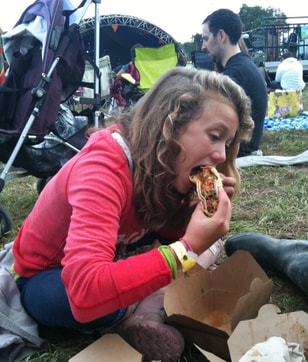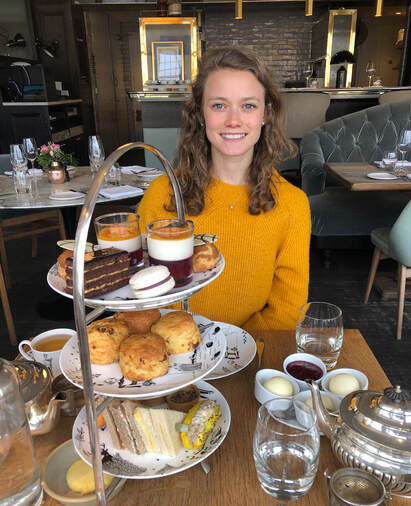|
As of April 2022, the government wants to make it law for restaurants to show calorie values as part of a scheme to tackle obesity. Whilst I agree the obesity crisis needs to be tackled, and urgently, I don’t think this is the best way forward. Showing calories may help those with obesity choose less calorific options, but how will this educate the population to make good food choices at home, and what psychological impact will this have? Speaking from the view of someone who has had a disordered relationship with food in the past, this news scares me. Mostly because of the effect it will have on vulnerable and current sufferers. When I was battling with disordered thoughts, I would search online for nutritional information before I went to a restaurant and use this to find out what I would and wouldn’t allow myself to eat. If the meal I would’ve ordered irrespective of calories was one of the highest on the menu, I felt ashamed. I felt guilty that my natural food decisions lent towards foods higher in calories. This already meant the enjoyment of a meal was taken away! This information would govern what I ordered and reinforce the belief that I had to eat as little as possible. In the mind of someone with disordered eating, it becomes a competition with yourself to eat as little as possible, especially when the numerical value of each meal is written in front of you. I find it so sad looking back on that time now and thinking about how I wasted precious time with loved ones at restaurants worrying inside about what I was eating, rather than enjoying the time. Personally, a meal out is a special occasion designed to be enjoyable. I don’t want people to feel shame over their food choices or go for something purely because of its calories. Food items in supermarkets have calorie guides on them to inform people on a daily basis, a restaurant is a chance to avoid this. It’s a bigger issue.
I also feel the obesity crisis is bigger than the calories written on a menu. Individuals need to be educated, not just given a digit and told to aim for the lowest value. The number next to a dish doesn’t say anything about its nutritional worth, nor does it educate people on how to lead a healthy lifestyle when they leave the restaurant. If people could be encouraged to lead healthy, BALANCED lifestyles, where it is ok to eat everything in moderation and where exercise is part of their daily routine, the problem would be solved in a more maintainable way. For example, at school, we had sports lessons (many tried to skive), but we were never informed (except if you chose to study sports for GCSE) how important exercise is to our health, nor were we educated enough on eating a healthy balanced diet. Then, for many, as life, family and work commitments increase, often diet and routine exercise takes a hit, a little time is spent focusing on the key ingredients of tackling the obesity crisis. No two calories are the same. I’m no specialist, but I know that no two calories are the same. Calories don’t necessarily indicate the true nutritional value of a dish. If we want to educate our country on healthy living to tackle obesity, surely, we need to educate them on how to make healthy food choices and eat a balanced diet, because this isn’t completely governed by the number of calories in something. Calorie guides won’t necessarily produce a healthier population in my eyes, because individuals will end up determining what they should or shouldn’t eat based on a number, rather than the nutritional value of something. For example, snacking daily on sweets and crisps may be less calorie dense than a portion of nuts, but which would lead to a healthier population? We need to live. Finally, we need to be able to live a little. Life is all about balance and enjoying ourselves whilst keeping our bodies healthy overall. Going out to a restaurant is a treat for most people, so surely everyone should be allowed to eat freely on occasion. If efforts are made to educate people outside of restaurants, when they are in their homes, restaurant food choices would automatically differ. Perhaps, to protect those more vulnerable to being triggered by calorie information and to inform others, having optional calorie or non-calorie stated menus would be a way forward. However, I still feel in restaurants it isn’t needed.
0 Comments
Leave a Reply. |
Hannah IrwinI love to run and I love to write, so I write about running! Archives
March 2023
Categories |


 RSS Feed
RSS Feed
